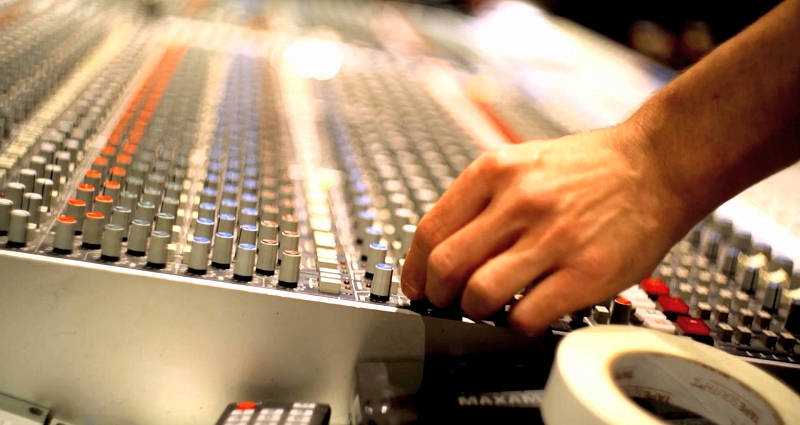Music is easier to produce now than it has ever been. Thanks to computers, there’s no need to buy pricey hardware to create great songs.
Despite the barrier to entry being low though, there are five skills that successful producers have that set them apart from others. Read on find out what these skills are.
Hunger to Learn More
There’s a well-known saying which goes “the more you know, the more you have to learn.”
Successful producers know that there’s always room for growth and improvement and it must be self-motivated.
Once you’ve spent a respectable amount of time as a musician, it’s easy to start believing that you know all you need to know.
That type of thinking is likely to lead you to stagnate in your music. You may end up making the same kind of songs with no signs of improvemesnt or growth, which can become a source of frustration for your fans and peers.
An excellent place to start learning about music production and equipping yourself with necessary gears is through music blogs and online resources.
“Dedicate time to reading about how producers create their own tracks – it helps to gain the perspective of other producers as you figure it out on your own.” – Martin Ruden, Chief Editor of Gadgets Page
Learning new things empowers you to create music in new and interesting ways.
Consistency
Successful music producers are consistent in what they do. They make music regularly, even when the mood might not be right.
Anyone who’s made music for a long time will tell you that inspiration isn’t always present. If you only make music when you’re inspired, you’ll get very little done.
Your clients, peers, and fans can grow weary of waiting for you to make music, so they may move on to someone they can rely on to create content for them.
Consistency also applies to the quality of your music. If you consistently make good music, chances of success are higher.
Patience
Making great music requires a lot of patience. There’s no magical music class you can take or software that can make you an overnight sensation. You have to put in a lot of work to improve your skill, and this needs patience.
- Developing song ideas can take time.
- Building a following also takes time.
- Monetization of your craft takes time
- Improving your skill takes time.
Some people succeed sooner than others, and that’s okay. Some of the most successful people in the world took decades and many attempts to achieve their dreams.
It typically takes years to become a good producer. If making music is what you love doing, the hours that you dedicate to it will not feel like wasted time.
Objectivity
Looking at things objectively is a skill which can benefit you a lot as a producer.
We’re all biased in one way or another. We may be biased to believe we’re better than we think we are, or we’re not as good as we really are.
Neither extreme is good. Under-estimating your skill can result in your work being undervalued. You can also miss out on opportunities if you don’t think you’re worthy enough.
Over-hyping yourself can blind you to the fact that you’re not the only horse in town. No one likes to work with someone who thinks they’re too good when they’re not.
You have to learn to be objective enough to notice when your work is subpar, superb or just average.
How can you develop objectivity?
- Ask other people what they think of your music.
- Avoid putting out everything you make as soon as it’s complete. Let it sit for as long as possible and see whether it stills sound good.
- Compare your tracks to other people’s music to spot areas where you can improve.
Focus
We live in a time when it’s easier than ever to lose focus. Notifications are frequently popping up on our gadgets, making it difficult to concentrate on just writing music.
The problem is that if you continually lose sight of your goals, you will likely fail. It’s important to learn how to dedicate yourself to the task at hand and complete it accordingly.
You can improve your focus by:
- Dedicate time regularly where you only concentrate on music.
- Rid yourself of all distractions such as Internet and phones when you’re writing music.
- Set goals for all your sessions and stick to it.
Conclusion
Creating music is not just about putting sounds together. Many non-technical factors and habits differentiate successful producers from the rest.
Take your time to invest in learning these skills, because in many cases they can give you that little boost to help you succeed as a musician.







